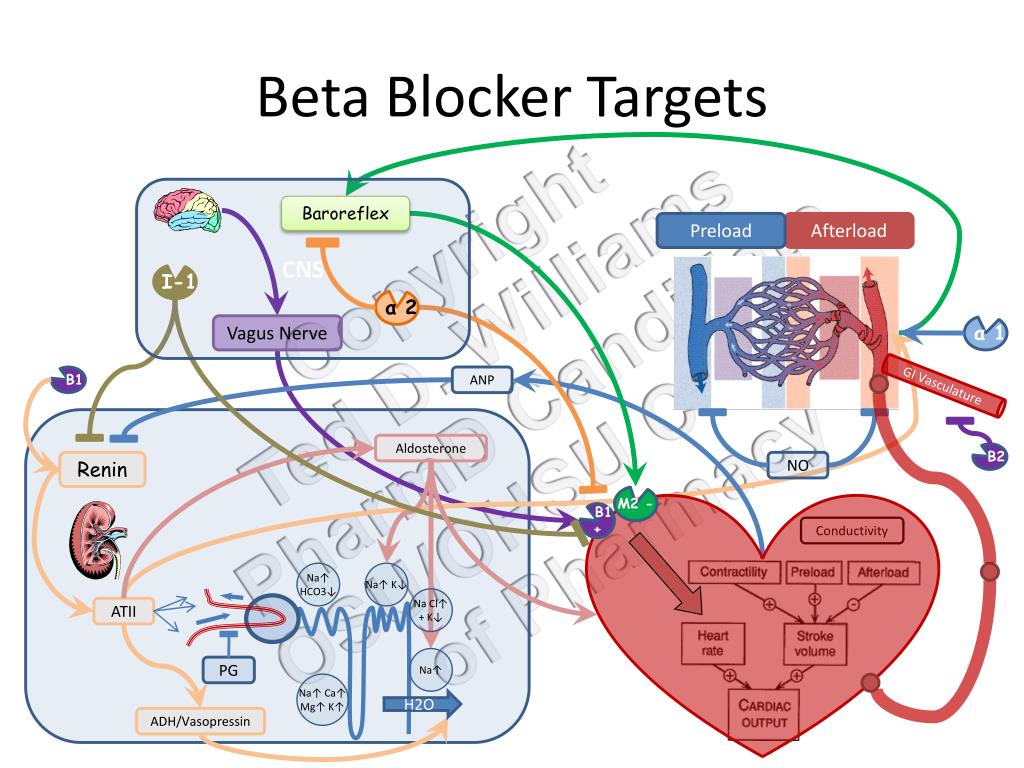Exploring the Link Between Fermented Foods and Mental Well-being

For centuries, fermented foods have held a prominent place in culinary traditions worldwide. From tangy kimchi in Korea to fizzy kombucha in the West, these foods, transformed by beneficial bacteria and yeasts, are enjoying a resurgence in popularity. But beyond their unique flavors and textures, emerging research suggests that fermented foods may hold a key to unlocking improved mental well-being.
The Gut-Brain Axis: A Two-Way Street
The connection lies within the intricate network known as the gut-brain axis. This complex system of communication between the gut microbiome – the trillions of bacteria residing in our digestive tract – and the brain, is constantly exchanging information through biochemical signals.
While research is ongoing, studies suggest that the gut microbiome plays a crucial role in:
- Neurotransmitter production: Certain gut bacteria contribute to the production of essential neurotransmitters like serotonin, dopamine, and GABA, which play vital roles in mood regulation, sleep, and stress response.
- Immune system regulation: The gut microbiome helps modulate the immune system, and chronic inflammation is increasingly linked to mental health conditions like depression and anxiety.
- Gut barrier integrity: A healthy gut microbiome supports a strong intestinal barrier, preventing harmful substances from leaking into the bloodstream and potentially impacting brain health.
Fermented Foods: Fueling a Happy Gut
This is where fermented foods enter the picture. Rich in probiotics – live beneficial bacteria – fermented foods can directly influence the composition and diversity of our gut microbiome.
Research into the specific mental health benefits of fermented foods is still in its early stages. However, promising findings show that:
- Reduced anxiety and depression symptoms: A 2016 study published in "Psychiatry Research" found that individuals who consumed more fermented foods showed fewer symptoms of social anxiety. Similarly, a 2013 study in the journal "Gastroenterology" linked probiotic intake to reduced depression symptoms.
- Improved stress response: Research suggests that certain probiotic strains found in fermented foods may help regulate the body's stress response system, potentially reducing the negative impacts of stress on mental health.
- Enhanced cognitive function: Some studies have linked improved cognitive function, including memory and learning, to a healthy gut microbiome. While more research is needed, the potential for fermented foods to support cognitive well-being is an exciting area of exploration.
Adding Fermented Foods to Your Plate
Incorporating fermented foods into your diet doesn't require a complete dietary overhaul. Here are simple ways to embrace these gut-friendly additions:
- Start with small portions: Begin with a few tablespoons of sauerkraut, kimchi, or a small glass of kefir daily and gradually increase the amount as your body adjusts.
- Explore different varieties: Don't be afraid to experiment with diverse fermented options, each offering a unique blend of probiotics and flavors. From yogurt and tempeh to miso and kombucha, there's a world of fermented delights to discover.
- Make it a habit: Include fermented foods as a regular part of your meals. Add sauerkraut to sandwiches, enjoy yogurt for breakfast, or incorporate miso into soups and stews.
A Word of Caution
While generally safe for most individuals, it's important to note that some people might experience mild digestive discomfort when initially increasing their intake of fermented foods. Start slowly and listen to your body's signals.
Final Thoughts: A Fermented Future for Mental Wellness
The emerging research on the gut-brain connection highlights the significant role our gut microbiome plays in overall health, including mental well-being. While more research is needed to fully understand the complex interplay between fermented foods, the microbiome, and mental health, current findings offer promising insights. Incorporating a variety of these probiotic-rich foods into your diet might be a tasty step towards supporting a happier, healthier you. Remember to consult with a healthcare professional or registered dietitian to determine the best approach for your individual needs.














Comments ()